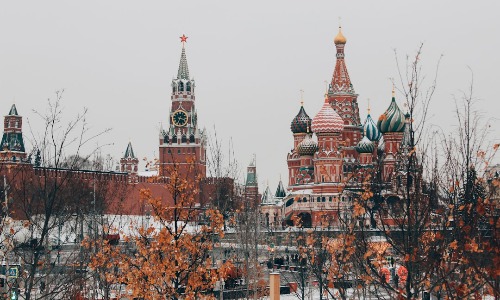Vladimir Vladimirovich Putin, born on October 7, 1952, in Leningrad (now St. Petersburg), Russia, is one of the most prominent and controversial polit
Vladimir Vladimirovich Putin, born on October 7, 1952, in Leningrad (now St. Petersburg), Russia, is one of the most prominent and controversial political figures of the 21st century. He has played a pivotal role in Russian politics for over two decades, serving as both President and Prime Minister of Russia.
Early Life and KGB Career
Putin was born into a modest family. His mother was a factory worker, and his father was a conscript in the Soviet Navy. From an early age, Putin was interested in sports, particularly judo and sambo. After completing his law degree at Leningrad State University in 1975, he joined the KGB, the Soviet Union’s main security agency.
Putin’s career in the KGB took him to Dresden, East Germany, where he worked from 1985 until the collapse of the Berlin Wall in 1989. He resigned from the KGB in 1991 with the rank of lieutenant colonel, shortly before the Soviet Union’s collapse.
Political Rise
After leaving the KGB, Putin entered politics in St. Petersburg, where he worked under Mayor Anatoly Sobchak. He moved to Moscow in 1996 and quickly rose through the ranks of Boris Yeltsin’s administration.
In 1999, Yeltsin appointed Putin as Prime Minister. Later that year, Yeltsin unexpectedly resigned, and Putin became the Acting President. He won the presidential election in March 2000 and was re-elected in 2004.
Leadership Style and Policies
Throughout his tenure, Putin has been known for his assertive and often authoritarian leadership style. He has centralized power, curtailed the influence of oligarchs, and maintained a tight grip on the media. His administration has been accused of human rights abuses, corruption, and political repression.
However, Putin has also been credited with stabilizing the Russian economy after the chaotic 1990s. He leveraged Russia’s vast natural resources to increase global influence and foster a sense of national pride among Russians.
Foreign Policy and Global Impact
Putin’s foreign policy has been characterized by a desire to reassert Russia’s power on the global stage. He has been involved in several high-profile incidents, including the annexation of Crimea in 2014, the conflict in Eastern Ukraine, and Russia’s intervention in the Syrian Civil War.
These actions have led to significant geopolitical tensions, particularly with Western countries. Sanctions and diplomatic rifts have marked Russia’s relations with the United States and the European Union under Putin’s leadership.
Continued Influence
Putin’s current term as President began in 2018, following his re-election. In 2020, a controversial constitutional referendum allowed him the possibility of remaining in power until 2036. This move has been widely criticized as a way for Putin to maintain his grip on Russia indefinitely.
Conclusion
Vladimir Putin remains a towering figure in Russian and global politics. His leadership has profoundly shaped Russia’s direction in the 21st century, drawing both admiration and criticism. As he continues to exert influence, the world watches closely, aware of the significant impact his decisions have on global dynamics.

COMMENTS